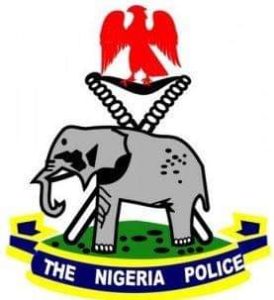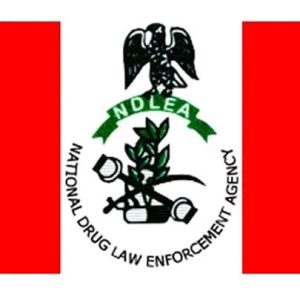CSOs advocate creation of electoral offences commission

The Independent Service Delivery Monitoring Group (ISDMG), a coalition of civil societies, has advocated the creation of Electoral Offences Commission as recommended by the Justice Mohammed Uwais Electoral Committee.
ISDMG made the call on Thursday in Abuja at a Civil Society/Stakeholders Interaction with the Independent National Electoral Commission (INEC).
Speaking at the event, Mr Ezenwa Nwagwu, Chairman, Partners for Electoral Reform, a coalescing part of ISDMG, said that such commission would enable INEC to perform creditably.
According to him, there is no better time to honour Uwais- led electoral commission than now.
“The most relevant one will be Election Offences Commission and the reason for that is that people commit offences during elections and they are never punished.
“After the 2011 election violence in Bauchi and Akwa Ibom states, the government set up the Justice Sheik Lemu Electoral Disturbances Committee.
“It came out with a recommendation; government has the white paper; the white paper said that those who killed corps members in Bauchi should be prosecuted.
“Six years down the line, nobody has been prosecuted; if we have an Electoral Offences Commission, it will focus on dealing with offences that were committed during elections.’’
He listed reasons for inconclusive elections as rigging, bringing under aged voters, violence and over voting and these are electoral offences.
Nwagwu said that politicians indulged in such acts because they would never be punished.
He said that with such a commission in existence, people rigging elections would know that they would be tried and penalised and probably go to jail and it would be a deterrent.
On his part, ISDMG’s Executive Director, Dr Chima Amadi, said that issues of logistics during election could be reconciled, but violence, killing and other vices should not be encouraged by declaring the perpetrators winners.
He implored INEC to make sure that administrative lapses like late arrival of materials were reduced to the barest minimum.
Amadi said that the essence of the meeting was to trash out issues bordering on inconclusive elections
INEC’s Chairman, Mahmud Yakubu, said that legal framework envisaged situations where elections could be disrupted through natural disaster, violence and other human factors.
Yakubu was represented by Mr Oluwole Osaze-Uzzi, Director, Voter Education, Publicity, Gender and CSO Liaison.
“Where there is actual breakdown in law and order, the Electoral Act enjoins us to stop election in that particular area.
“If the result in the affected area will affect the overall result, it is inconclusive.
“Factors like natural disaster, threat of violence, coercion, bribery, corruption, over voting also contribute to inconclusive elections,’’ he said.
According to him, an election is inconclusive if no candidate satisfies the stipulations in the Electoral Act








